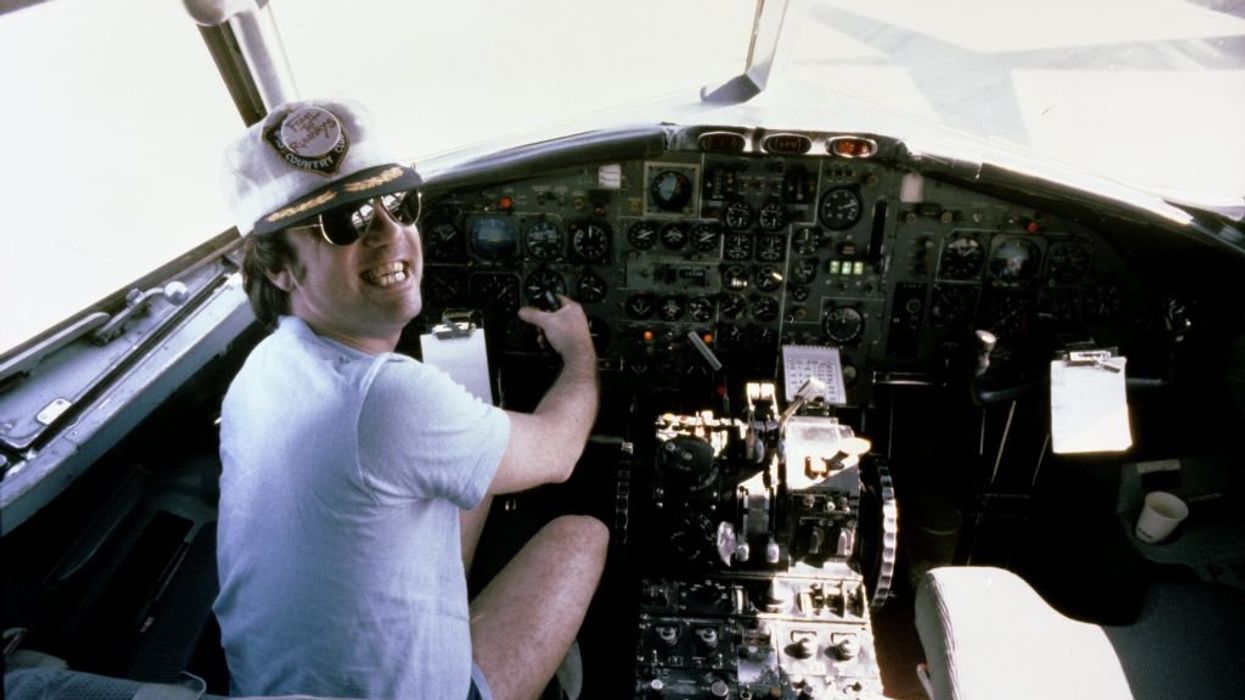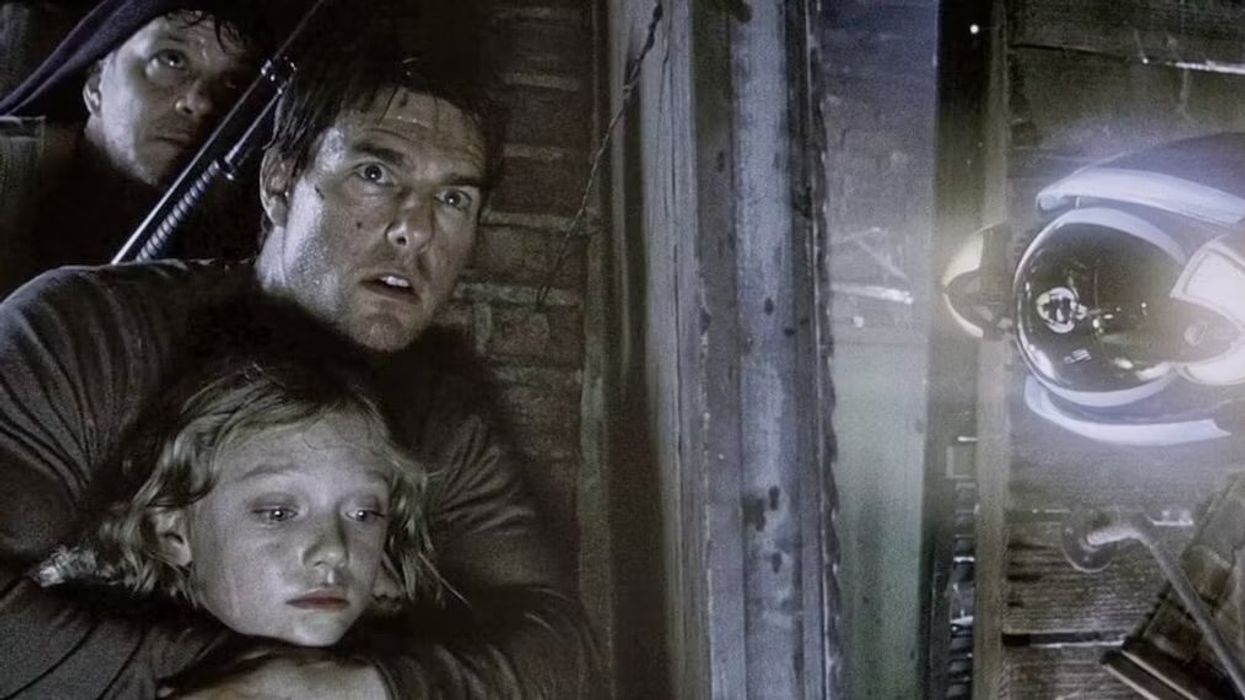
© 2024 Blaze Media LLC. All rights reserved.
Media bias is very real, but it’s also institutionalized through generations upon generations of reporters.
 The New York Times building. (Photo: Erika Cross / Shutterstock.com)
The New York Times building. (Photo: Erika Cross / Shutterstock.com)
Asking about media bias is usually a good way to sniff out where someone falls on the political spectrum. If they run progressive, they probably don’t think it exists. If they’re a conservative or libertarian, they most likely believe it’s a very real thing. Well, as a journalist, I’m here to tell you that it is.
Folks, media bias is real. There’s no way to get around it, despite what your local newspaper reporter may say. It is real, and there are real reasons why it exists.
First, journalism isn’t a high paying position. While some journalists make good money, those are the ones at the top of the game. The very highest echelon of any industry tends to be rewarded greatly for that status, and journalism is no different. An industry with a lack of high paying jobs attracts a certain sort of person, and that’s where the problem begins.
You see, the kind of people who tend to pursue a career in an industry that offers low pay are the kind of people who are extremely idealistic. That idealism is often translated as “I want to make the world a better place.” There’s nothing wrong with that on the surface, but if you scratch below the surface, you find a different matter.
These types of people are those who want to change the world for the better, and tend to lean left politically. Libertarians or conservatives who want to change the world tend to head into different professions, often ones that also offer the possibility of financial reward. Those few conservatives and libertarians who seek journalism careers are either out to right the wrongs of a left-leaning media, or they’re masochists. Count me in the latter category.
So, year after year, you get more and more of these young, idealistic reporters leaving school and entering the workforce. Unsurprisingly, they seek employment in the field they actually studied.
Now that these new reporters are working, this is where their own biases start to come out. It’s clear in a number of ways, including how a report is structured. For example, if they quote a gun control group early in the report, and then follow up with a gun rights group’s response, a rebuttal by the gun control group at the end shows that the journalist isn’t a fan of the Second Amendment. They honestly believe they presented an unbiased report since they gave both sides a voice, but that’s not the case.
Their use of words is another way to slant it. For example, one man’s “maverick” is another’s “radical.” The first term predisposes the reader to think of someone who stays the course, regardless of peer pressure. The second term suggests a nut job that makes bombs in his basement. However, as in the case of the structure, the reporter believes they’ve been unbiased.
To make matters worse, these young reporters often become veteran reporters, then editors and publishers. At that point, they decide the direction of newspapers and television news departments. The kicker? At no point are they actually lying when they say they’re presenting unbiased news. After all, a lie requires them to actually know they’re telling something that is untrue.
Media bias is very real, but it’s also institutionalized through generations upon generations of reporters. Today, conservative and libertarian journalists are either run out of the industry, pushed to the realms of punditry where they can easily be ignored by those who don’t share their ideology, or left to eventually seek asylum at conservative or libertarian news agencies of which there is a profound lack. After all, there’s only so many job openings at Fox News and The Wall Street Journal.
Is there hope? Only the hope of the free market. More and more newspapers are failing, in part because of this bias. If you don’t buy the newspaper as a reader, then advertisers won’t buy space to try and sell you things. It doesn’t make any sense for them to do so. A lack of advertising sales will kill any newspaper since that is where their real revenue comes from.
If that dwindles, as it has been for years, then eventually those papers will close their doors. Those that you support? They’ll keep going, and the reporters will learn from the error of their ways. However, there still won’t be any such thing as an unbiased reporter.
Want to leave a tip?
We answer to you. Help keep our content free of advertisers and big tech censorship by leaving a tip today.
Want to join the conversation?
Already a subscriber?
more stories
Sign up for the Blaze newsletter
By signing up, you agree to our Privacy Policy and Terms of Use, and agree to receive content that may sometimes include advertisements. You may opt out at any time.
© 2024 Blaze Media LLC. All rights reserved.
Get the stories that matter most delivered directly to your inbox.
By signing up, you agree to our Privacy Policy and Terms of Use, and agree to receive content that may sometimes include advertisements. You may opt out at any time.


